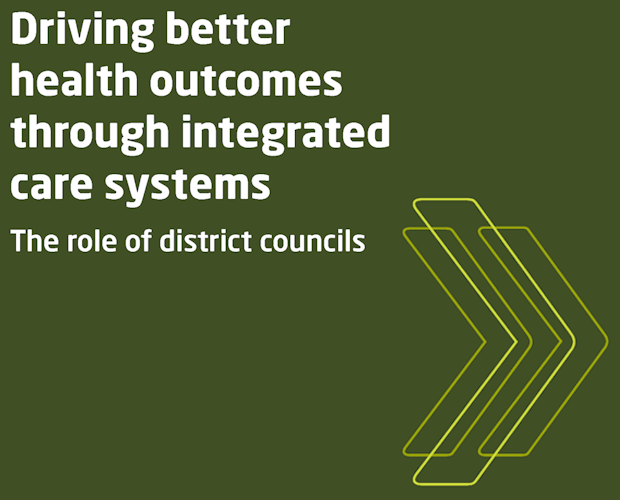T: 01822 851370 E: [email protected]
Visit RSN Survey about life in rural England to find out more.
The Government last week published its response to a report by the Levelling Up, Housing and Communities Select Committee on its Inquiry on Funding for Levelling Up. The Inquiry looked at the funds available for levelling up and how effectively...
A new report by The Kings Fund has highlighted the vital role district councils have to play in improving the health and wellbeing of their communities. Driving better health outcomes through integrated care systems: The role of district councils sets...
The Department for Levelling Up, Housing and Communities are considering how best to update the Indices of Deprivation (IoD) from the most recent publication in 2019 It is important that any future release continues to meet the broadest range of...
Writing in Conservative Home, Conservative MP for North Devon, Selaine Saxbyn outlines her mission has always been to level up the pockets of deprivation in her ‘remote, rural and coastal’ constituency Saxbyn highlights that levelling up for her has been...
The Telegraph reports on the division between more deprived rural areas of the country like Cornwall, where it sets out the “contrast between the luxury hotels and the many on benefits and at food banks” The article explains that the...
The Northern Echo reports that various stakeholders in the North of England have raised concerns that despite the Chancellor’s Budget statement last Wednesday, there was still a 'huge hole' in the Government's levelling up plans Issues were raised on rural...
The Government announced earlier this year its plans to ‘Level Up’ the country, by allocating funding to address geographic inequalities across the UK. However, new research by the Salvation Army warns that more than a third of England’s most deprived...
The Government Debt Management Function has published a Vulnerability Toolkit which ensures ‘vulnerable’ citizens who are in debt to the public sector are handled with compassion and support by frontline staff The new guidance will be accessible to government departments...
PwC released a report last week which found that Londoners are twice as likely to say that society is fair than citizens in the South West, North West or East of England, with those living in urban areas 48 per...
The 2019 version of this Index does not solve rural concerns, but it is likely to be widely used and should not be ignored, says Brian Wilson. In late September the Ministry of Housing, Communities and Local Government (MHCLG) released...
NEWSLETTER
Sign up to receive all our latest news and updates.
HOT TOPICS
Amid reduced public spending, fair resource allocation across regions is crucial. Despite a population larger than Greater London, rural areas receive significantly less funding for essential services, even though delivering these services in rural areas is more expensive.
Economic growth is widely acknowledged as essential for national wealth and prosperity and is a priority for political parties. Rural economies, employing millions and home to a higher proportion of small businesses, have potential for growth if barriers are removed.
Rural residents face distinct healthcare challenges, including limited access to transport, longer distances to medical facilities, an aging demographic, housing inadequacies, digital connectivity gaps, and difficulties recruiting health and care workers.
Rural communities are grappling with a severe affordable housing crisis, marked by high house prices, a lack of affordable housing, elevated living costs, and lower incomes, threatening their sustainability and vitality.
Transport is vital for the quality of life and economic health of rural areas, yet it faces challenges such as infrequent public bus services and less Government funding compared to urban regions.
Rural areas, encompassing a substantial portion of England's population and land, play a pivotal role in combating climate change and achieving the net zero target.
In an increasingly digital world, the lack of robust digital infrastructure in rural areas severely limits access to crucial services and stifles economic growth.
A future-focused vision for rural communities involves not just building the right homes in the right places but also ensuring thriving, sustainable communities.
SIGN UP TO OUR NEWSLETTER
Sign up to our newsletter to receive all the latest news and updates.












